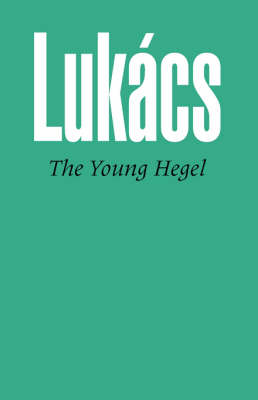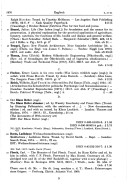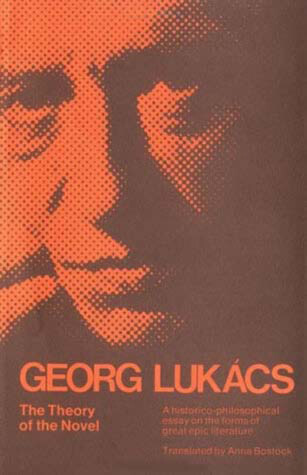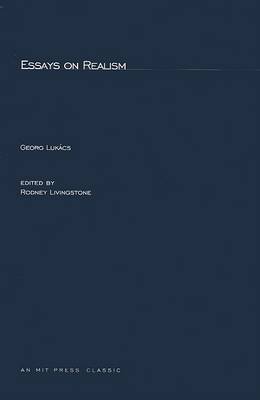The MIT Press
8 total works
It is well known that Hegel exerted a major influence on the development of Marxs thought. This circumstance led Lukacs, one of the chief Marxist theoreticians of this century, to embark on his exploration of Hegelian antecedents in the German intellectual tradition, their concrete expression in the work of Hegel himself, and later syntheses of seemingly contradictory modes of though. Four phases of Hegels intellectual development are examined: "Hegels early republican phase," "the crisis in Hegels views on society and the earliest beginnings of his dialectical method," "rationale and defense of objective idealism," and "the breach with Schelling and " The Phenomenology of Mind.""
Lukacs completed this study in 1938, but because of the imminent outbreak of war, it was not published until the late 1940s. A revised German edition appeared in 1954, and it is this text that is the basis of this first English translation of the work."
The Theory of the Novel marks the transition of the Hungarian philosopher from Kant to Hegel and was Lukács's last great work before he turned to Marxism-Leninism.




